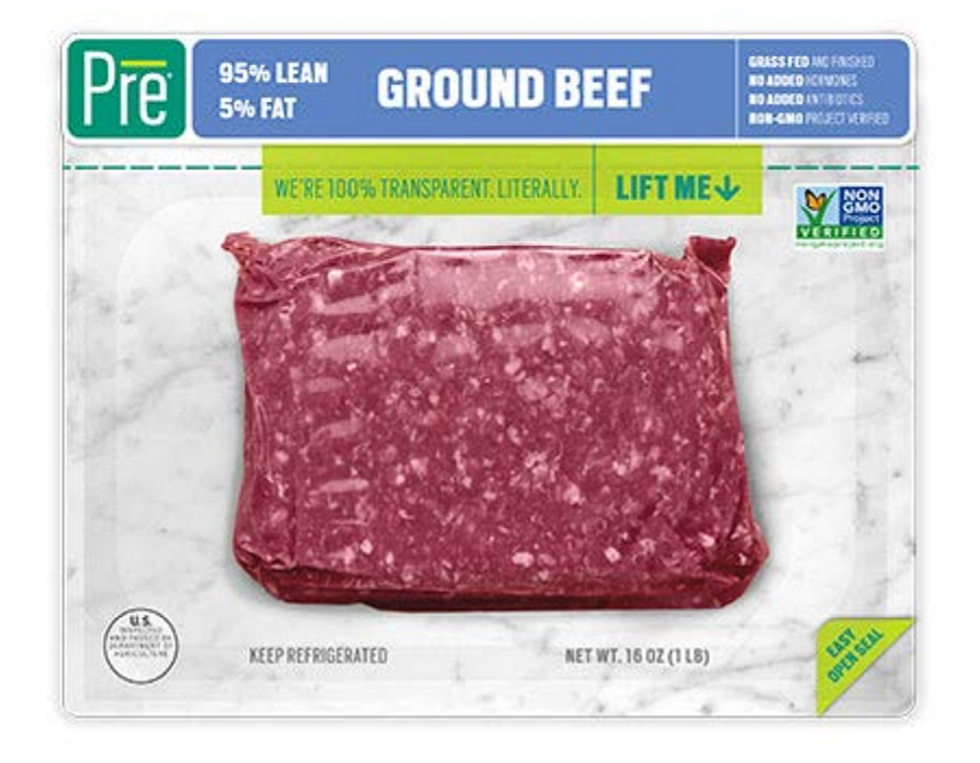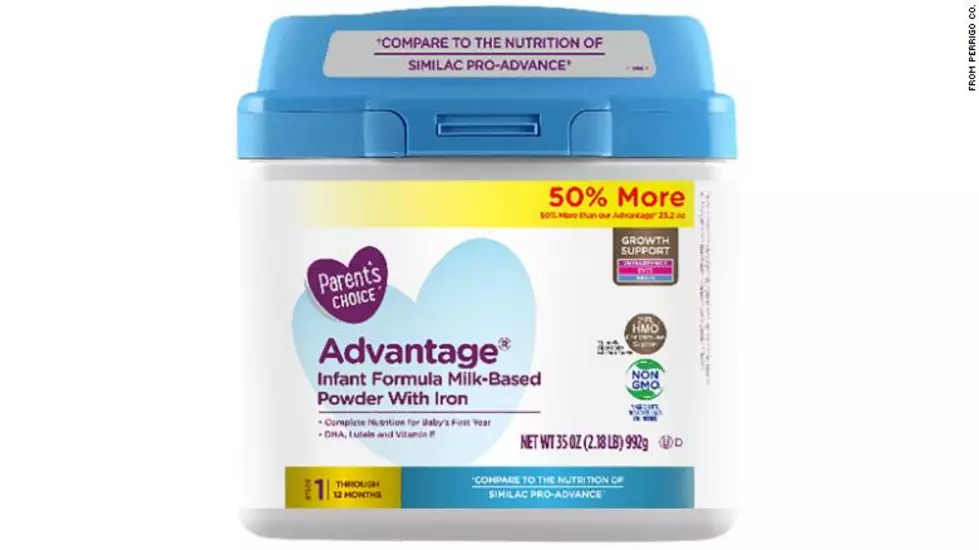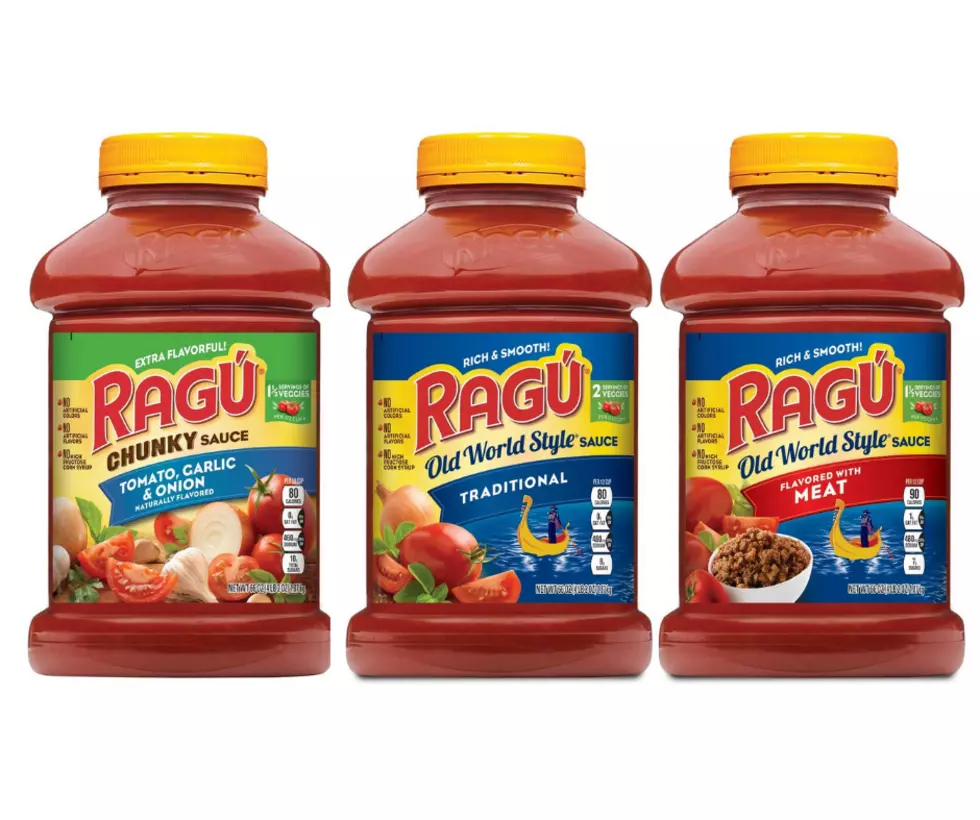
CDC Says Don’t Eat Raw Cookie Dough Over Illness Concerns
We got on board with the romaine recall, but now the CDC is going after raw cookie dough, and we're not sure how to feel.
The Centers for Disease Control (CDC) looks out for the nation's health by monitoring food safety, among other things. They were part of the push behind the massive recall of romaine lettuce, which we all dutifully went along with.
Now they've gone too far.
Just in time for Christmas - prime cookie baking time - the CDC warns that we need to stop eating raw cookie dough - and it's not just about the raw eggs.
We all know that raw or under cooked eggs could be contaminated with salmonella, which can make you sick. Many bakeries are offering "raw" cookie dough which forgoes eggs to avoid that risk. The CDC says that's not their only concern: raw flour comes with it's own set of risks.
Flour is considered a "raw agricultural product" and could be contaminated with things like e.Coli. In fact, in 2016, 63 people got sick in an outbreak linked to raw flour.
For the record: the CDC says you should not eat raw cookie dough.
(*Our legal department wants me to tell you that if you eat raw cookie dough and get sick, that's on you.)
You can minimize the risk by practicing safe food handling before you shove that wad of chocolate cookie dough in your mouth:
- Bake or cook raw dough and batter, such as cookie dough and cake mix, before eating.
- Follow the recipe or package directions for cooking or baking at the proper temperature and for the specified time.
- Do not use raw, homemade cookie dough in ice cream.
- Cookie dough ice cream sold in stores contains dough that has been treated to kill harmful bacteria.
- Keep raw foods such as flour or eggs separate from ready-to eat-foods. Because flour is a powder, it can spread easily.
- Follow label directions to refrigerate products containing raw dough or eggs until they are cooked.
- Clean up thoroughly after handling flour, eggs, or raw dough:
- Wash your hands with running water and soap after handling flour, raw eggs, or any surfaces that they have touched.
- Wash bowls, utensils, countertops, and other surfaces with warm, soapy water.
More From Lite 98.7









